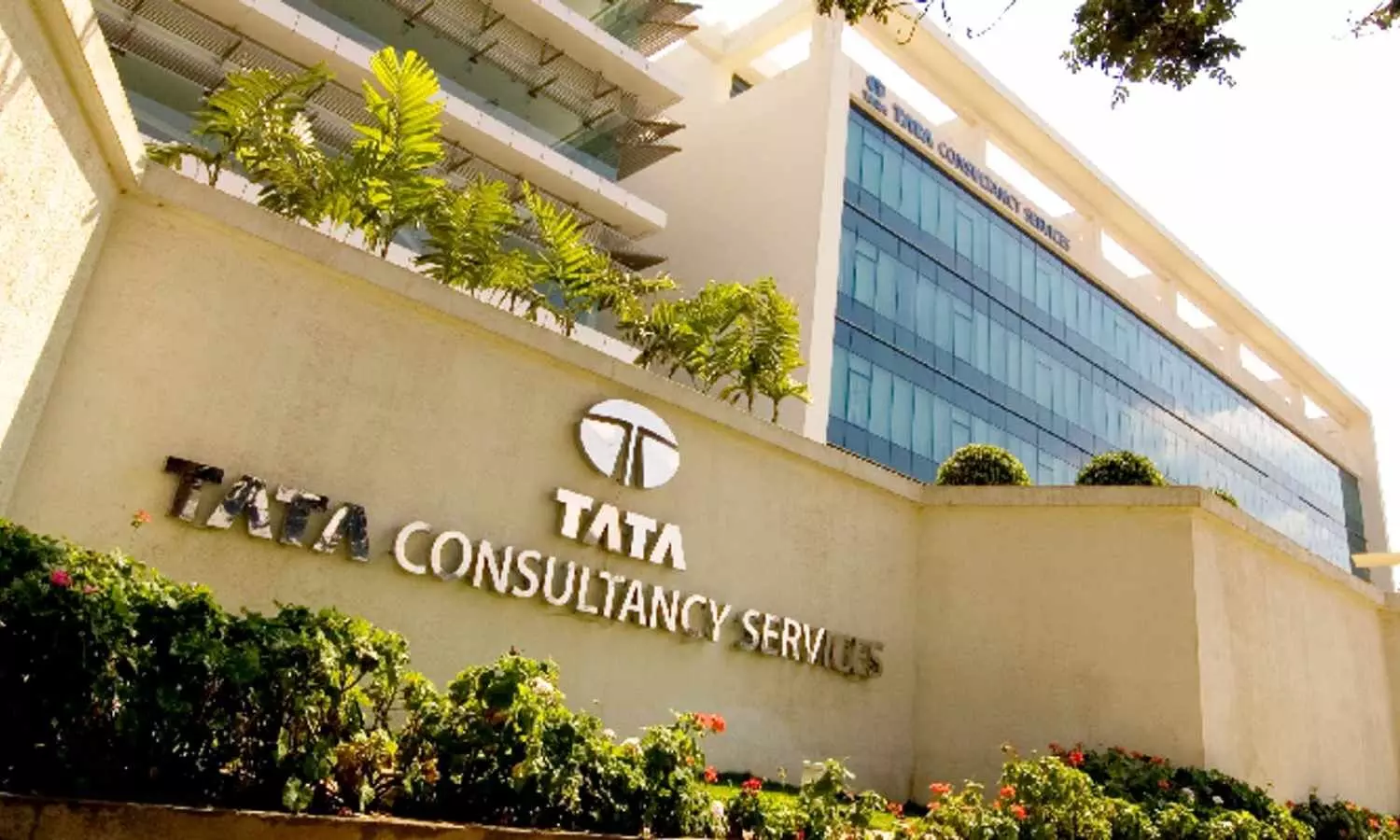TCS Stops H-1B Hiring in US: What This Means for IT Jobs Now
TCS halts new H-1B hiring in the US, focusing on local recruitment as AI-driven client demands reshape the Indian IT workforce globally.
image for illustrative purpose

Tata Consultancy Services (TCS) revealed that it would no longer be hiring any new employees on H-1B visas in the United States but would rather proceed to open up operations through local hiring, as stated by CEO K. Krithivasan in a recent talk.
TCS had long been the largest H-1B employer in the US, bringing in 98,259 visa holders between 2009 and 2025, and this year it employed 5,505 H-1B workers, surpassing established tech companies such as Microsoft, Google, Apple, and Meta among others. Nonetheless, Krithivasan said that the company is now moving forward with a quite different plan.
“We have in fact enough H-1B staff in US already,” he expressed. “Our focus right now is not on adding more.” When it came to visa renewals, he declared that they would be made at “the appropriate time,” thus stressing that TCS rather intends to rotate the overseas staff with local hires than to preserve permanent pools of visa-based employees.
The shift in policy is in line with TCS’s desire to increase local hiring in global markets. The company has been reported by Krithivasan to have a major proportion of local employees in regions like Latin America, the Middle East, and Asia-Pacific. The CEO further said that new client needs, especially in AI, require more than just traditional engineering roles.
TCS’s decision can be seen as a pioneer among other technological firms to take similar steps. M. Dinesh, a consulting manager based in Hyderabad, indicated that large IT companies might cut down H-1B visa hiring as well. “When TCS has already been public about stopping new H-1B hiring, other companies like Amazon, Cognizant, and Microsoft might think along the same lines,” he stated.
The consensus in the expert community is that companies will eventually have to depend more on L-1 visas for applying for and keeping staff within the company, thereby avoiding the high costs—often over $100,000—that come with H-1B sponsor. Moreover, through the use of L-1 rather than H-1B visas, the corporations will not only avoid the high cost but also facilitate the transfer of employees between different locations within a single company; these costs are usually over $100,000.
More and more corporations are expected to use L-1 visas, thereby circumventing the high costs—often more than $100,000—related to H-1B visas.
This change signifies a major transition in the US strategy concerning Indian IT. For a long period, the H-1B visa is said to have been the most preferred strategy of Indian IT companies, especially TCS and Infosys, to put their engineers in customer-oriented roles. However, tightening of regulations in the US, high costs of visas, and the increasing demand for AI-powered services are forcing companies to change their strategy toward local hiring and global workforce reskilling.

